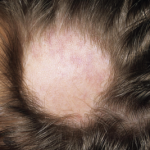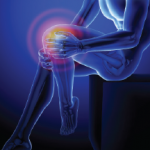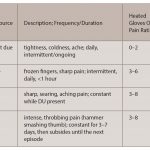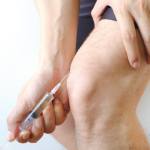If you read The Rheumatologist regularly, you may remember a column I wrote a few months ago about giving and receiving feedback (July 2017). I wrote it when I was finishing fellowship and looking back at six years of my graduate medical education. Now, as an attending physician who spends a considerable amount of time…






